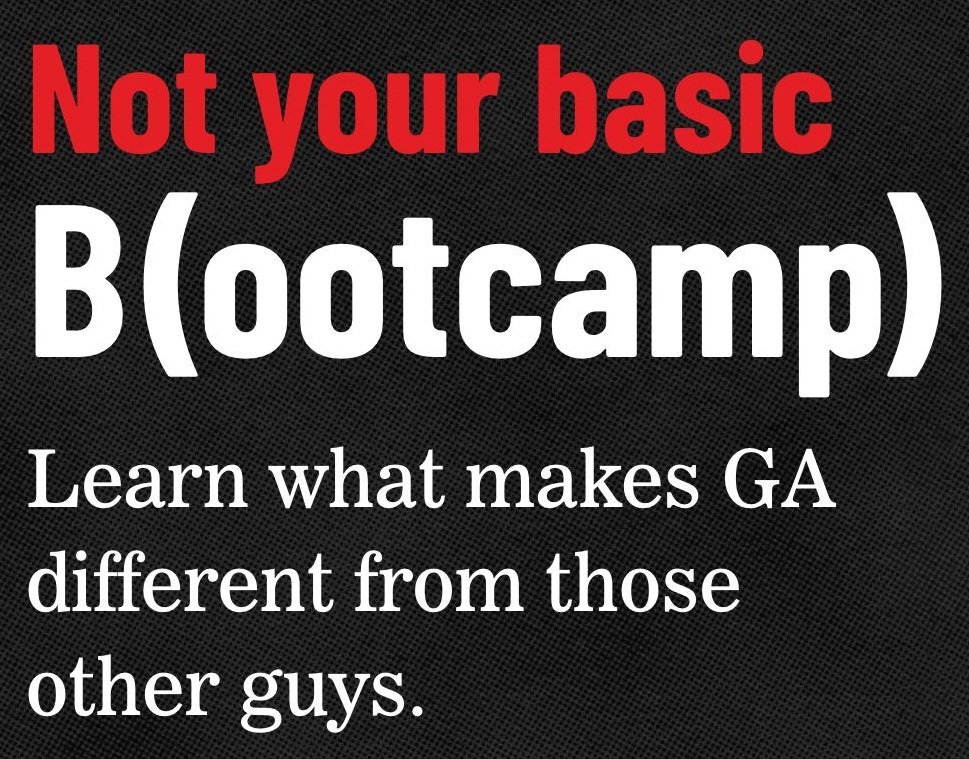THE LATEST TECH WORKFORCE TRENDS. RIGHT HERE.
What’s trending now? We help you keep up. As the top name in tech training, we partner with top business leaders and other experts to stay ahead of what’s next – and help you stay up to speed.
NOT YOUR BASIC BOOTCAMP
At General Assembly, we’re not just another tech bootcamp. We’re the pioneers, the trailblazers, and the innovators of the tech education landscape.

LATEST POSTS
Article
October 4, 2024
Global Perspectives: A Conversation on AI Governance Trends with Tom Szekeres and Devanshu Mehrota

Article
October 1, 2024
Why you should learn Figma

Article
October 1, 2024
Career Tarotscopes for October 2024

Article
September 30, 2024
GA Product Pulse: Monthly Enterprise Updates

Article
September 27, 2024
Business Leader Tarotscopes – Insights for Your Quarter Ahead
Article
September 26, 2024
Meet Astrid: Your Champion for Career Growth at General Assembly
Previous page
